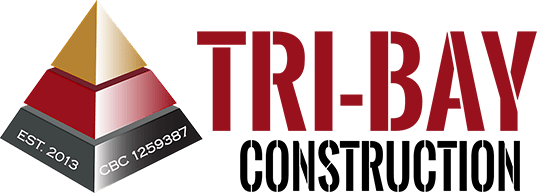Last month we discussed the qualities to look for in a Contractor. This month we will explore some of the pre-planning you can do before you even get to permitting and construction. Whether you are about to lease a space for an existing/new business or purchasing land to construct a new building, there are many things you should do in advance.
Do not rely solely on the “experts” or assume that these upfront items have been taken care of before the project launch. Keep the old adage in mind that “failing to plan is a plan to fail.” This saying especially rings true in the construction industry. Any gaps can become a costly delay.
Define the scope with a contractor, including how you want the space or the building to perform. The result will always turn out better than if you hand a contractor a set of plans and say, “Can you build this?”; How fast? How much? Defining the scope and performance often will change the cost for the better.

